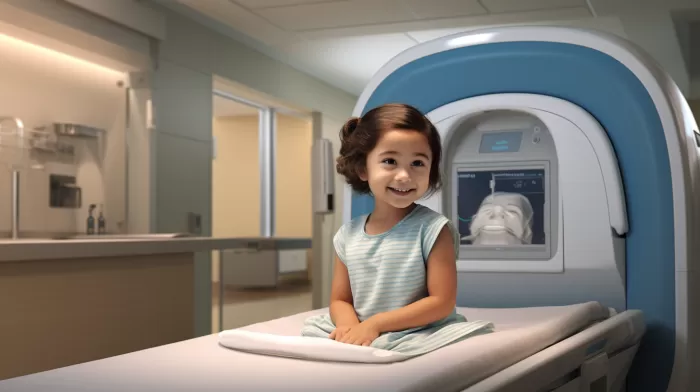If you have kids, you might want to pay extra attention to the medical tests they undergo. A study at the Mayo Clinic found that many children are needlessly exposed to radiation through unnecessary chest x-rays. What’s worse is that these x-rays serve no medical purpose, providing no benefit to the child.
In the age of advanced technology, we may feel that extra medical tests can only help. But unnecessary tests can be harmful, especially for a young child. In this article, we’ll explore the findings of this study and give tips to help you ensure your child stays safe and healthy.
The Study at a Glance
For this study, researchers at the Mayo Clinic reviewed more than 700 x-ray exams of children up to the age of 17. They excluded x-rays performed on children with congenital heart difficulties or other evident heart problems. In the remaining cases, a staggering 88% of the x-rays were found to be medically unnecessary. These x-rays had no impact on how the child’s illness was diagnosed or treated.
“Chest x-rays can be a valuable exam when ordered for the correct indications,” says researcher Ann Packard, a radiologist at the Mayo Clinic in Rochester, Minnesota. “However, there are several indications where pediatric chest x-rays offer no benefit and likely should not be performed to decrease radiation dose and cost.”
When to Be Concerned About Chest X-Rays
During the five-year study, no positive findings were found in any chest x-rays for fainting, dizziness, spells (general feeling of illness), cyclical vomiting, or POTS (low blood pressure when standing up). Positive results were only found in 12% of the x-rays for chest pain, which included respiratory symptoms such as cough, fever, or trauma.
Essentially, many chest x-rays performed on children without heart problems or clear respiratory symptoms, were unnecessary and provided no benefit to the child’s health. Yet, they still exposed them to radiation, which can be harmful.
The Risks of Radiation Exposure in Children
Radiation exposure carries risks, and those risks are even more significant for children. Their growing bodies are more sensitive to the effects of radiation. Furthermore, radiation damage can accumulate over time, meaning that early exposure can have a more significant impact on a child’s overall health.
The main risk associated with radiation exposure is developing cancer. Leukemia, for example, is known to be caused by radiation exposure. Additional medical tests and treatments, such as CT scans and radiation therapy, can also increase the risk of cancer. It’s crucial to minimize a child’s exposure to radiation to protect their long-term health.
How to Protect Your Child From Unnecessary Radiation Exposure
As a parent, it’s essential to speak up and ask questions whenever a medical professional orders a test for your child. Here are a few tips to help protect your child from unnecessary radiation exposure:
- Ask your doctor to explain why he or she is ordering the x-ray. They should be able to provide clear answers and explain the potential benefits and risks of the test.
- If you’re not convinced or still have questions, don’t be afraid to seek a second opinion from another healthcare professional.
- Keep a record of your child’s medical exams, especially those that involve radiation exposure. This can help you and your child’s doctor make informed decisions about future tests and minimize unnecessary exposure.
- Consider alternative tests that do not involve radiation. Some medical conditions can be diagnosed with other tests, such as ultrasounds or MRIs, which do not use ionizing radiation.
Conclusion
While medical tests can be essential for diagnosing and treating illnesses, it’s crucial to ensure that each test serves a purpose. Unnecessary chest x-rays can expose your child to harmful radiation, with no tangible benefit to their health. By asking questions, being informed, and keeping track of your child’s medical history, you can minimize unnecessary radiation exposure and contribute to their long-term health.



